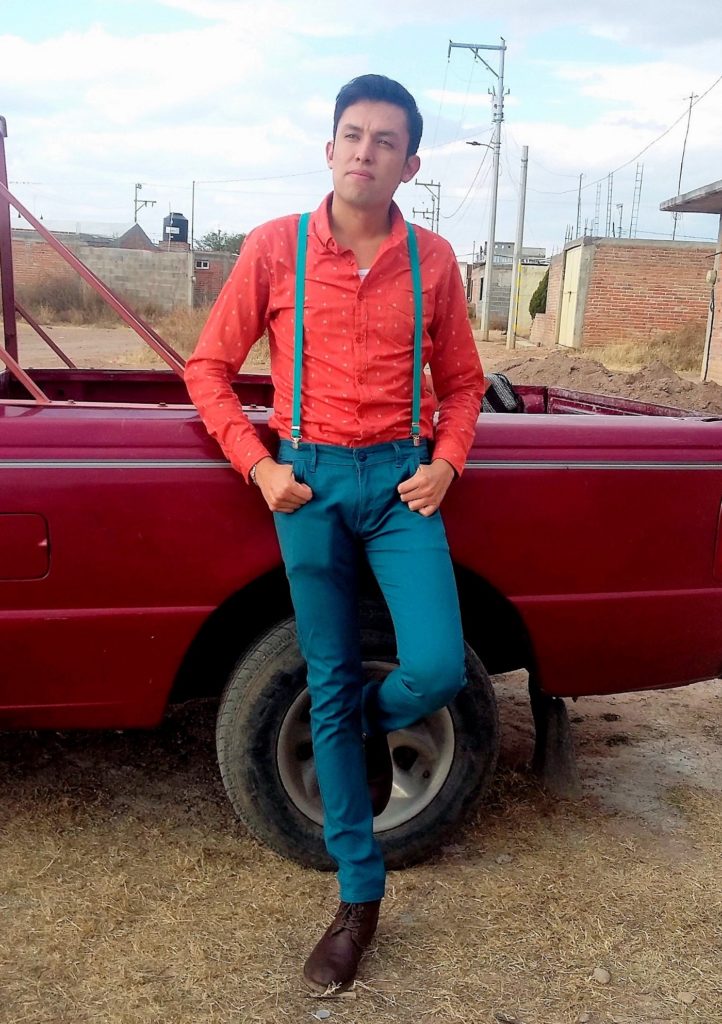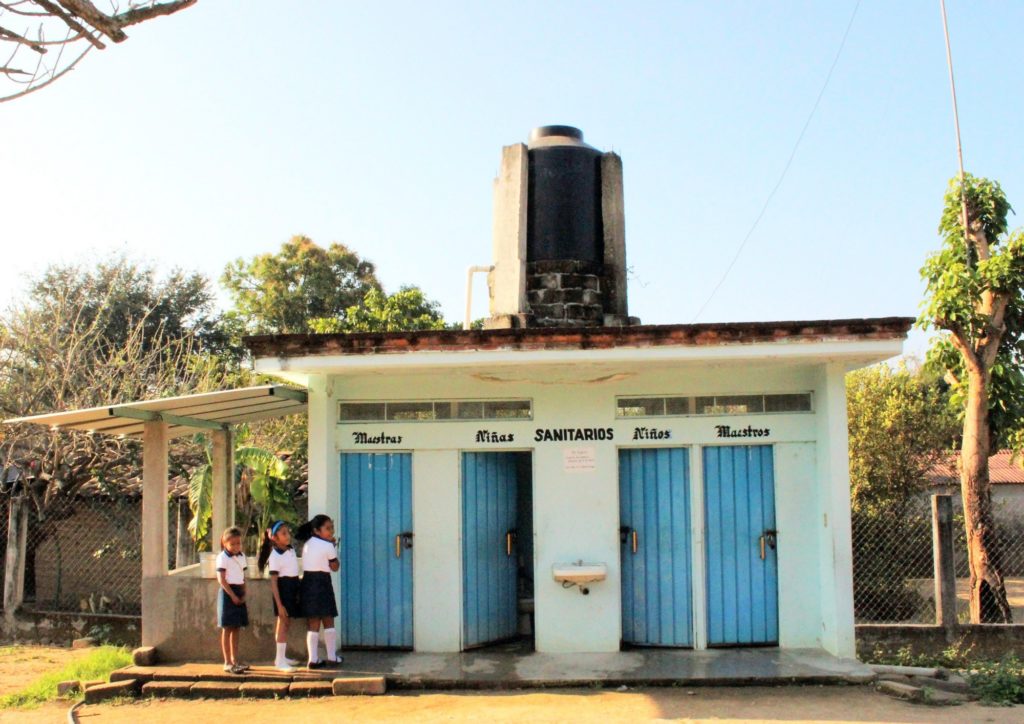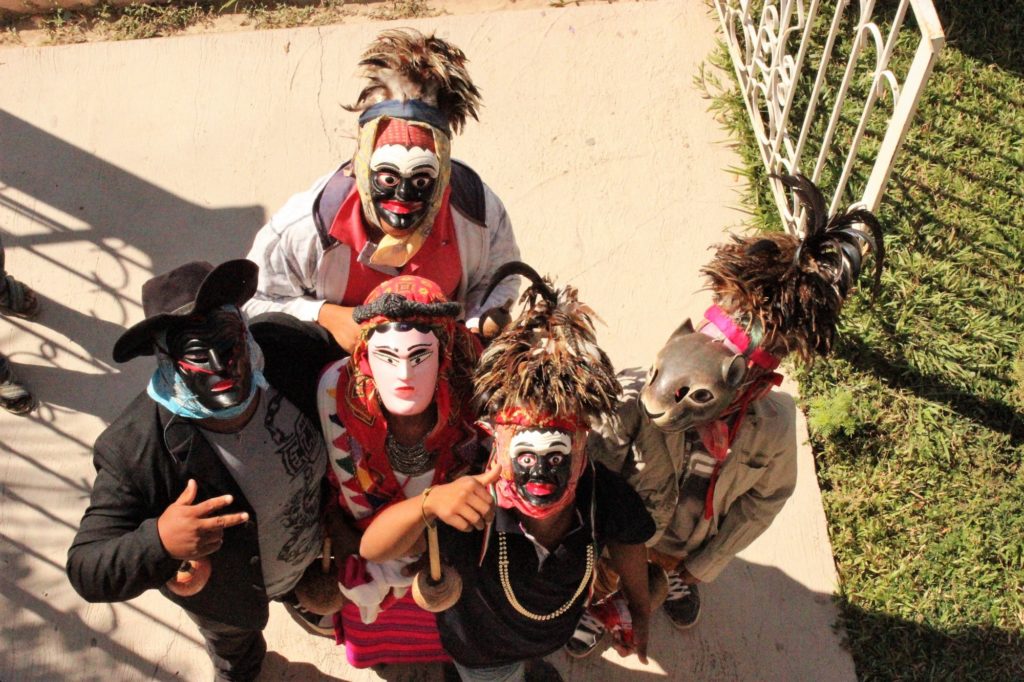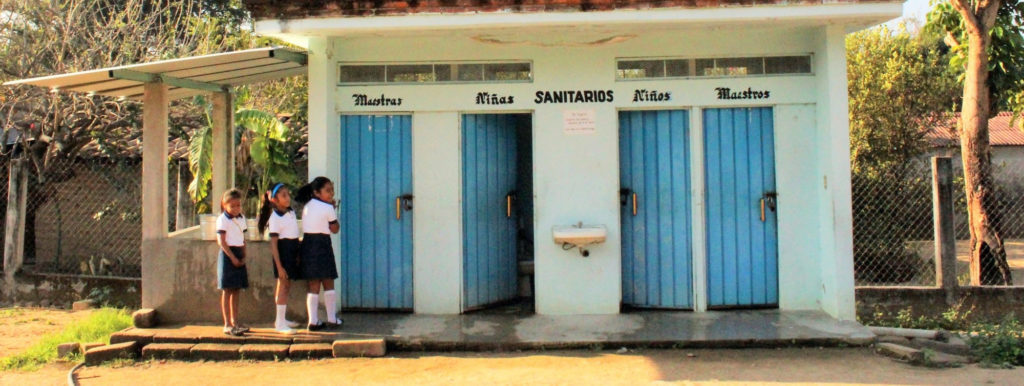
Irving V. Trujillo/©Irving V. Trujillo
The study of climate change is very important, because climate change is the most significant change agent on the planet.”
The earth sustains and nourishes all its children: be it plants, animals, or human beings and therefore we call it mother nature. For many years, Irving V. Trujillo has worked at a government agency in Mexico dedicated to the environment. It was at his workplace that he became more interested in climate change and decided to register for the Introductory e-Course on Climate Change course on the UN CC:e-Learn platform.

Logo of Conservación y Educación para la Casa Común/©Irving V. Trujillo
Thanks to signing up and receiving a certificate from UN CC:e-Learn, Irving was able to get a second job at the civil association called Conservación y Educación para la Casa Común.
The reach of this association and its projects are ambitious and diverse. Among these, highlights are the following:
- Prevention and control of pollution of water, air, ground, and the conservation of national resources; the protection of the environment; the flora and fauna, the preservation and restoration of a balanced ecosystem; as well as the promotion of sustainable development at the community level in urban and rural areas.
- Promote organizational alternatives among productive sectors and establish alliances with social and civil organizations in favor of the environment.
- Foster community participation and sustainable development models.
- Obtain economic support from national/international public or private institutions for the benefit of the most marginalized social groups.
The non-profit organization also publishes academic or cultural materials such as books, documentaries, brochures, publications, didactic materials, audio and video, promotional and advertising articles.

Primary school educational facilities, Santiago Tetepec, Mexico/©Irving V. Trujillo
Irving said that his main task in this project has been the contribution in the matter of food safety and sustainability. The members of the association Conservación y Educación para la Casa Cómun also work to improve agricultural and livestock practices in the face of climate change, in order to strengthen the four dimensions of food and nutritional security.
Thanks to the UN CC:e-Learn course, Irving also was able to participate in the Permanent Seminar of the Climate Change Research Program of the Autonomous University of Mexico. At his work center, from a social responsibility perspective they incentivize small actions that help reduce carbon footprints, such as the responsible consumption of material resources at the workplace and laboratories to regulate the use of electricity and heating or cooling systems, as well as avoiding that electrical equipment remains idle.
Irving says that he has been able to put the knowledge acquired through the UN CC:e-Learn course into practice thanks to the compendium of practical and real cases. He also recommends the Introductory e-Course on Climate Change course to everyone and states that it exceeded his expectations.

Young people are wearing the traditional outfits in Santiago Tetepec, Mexico/©Irving V. Trujillo

